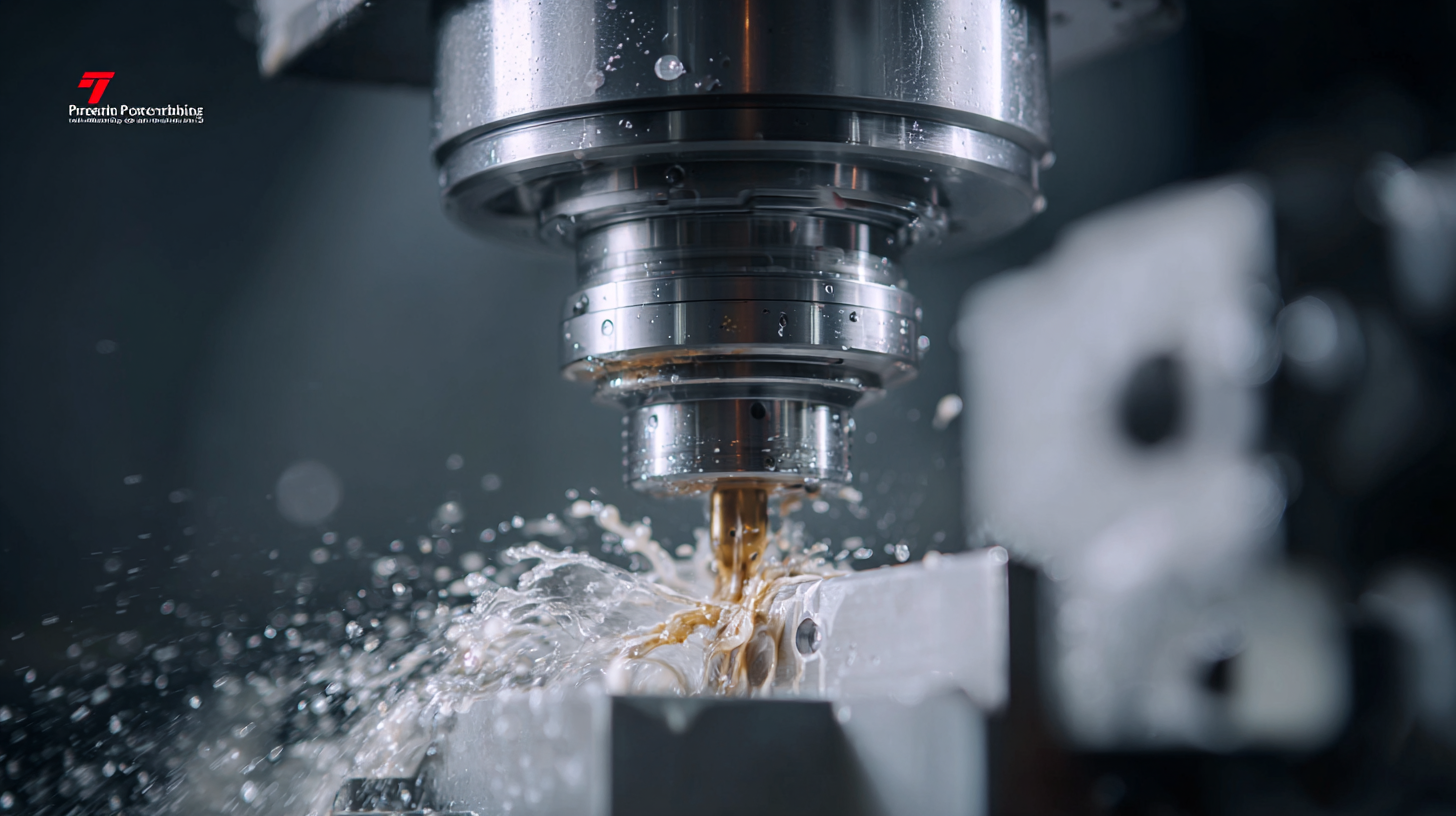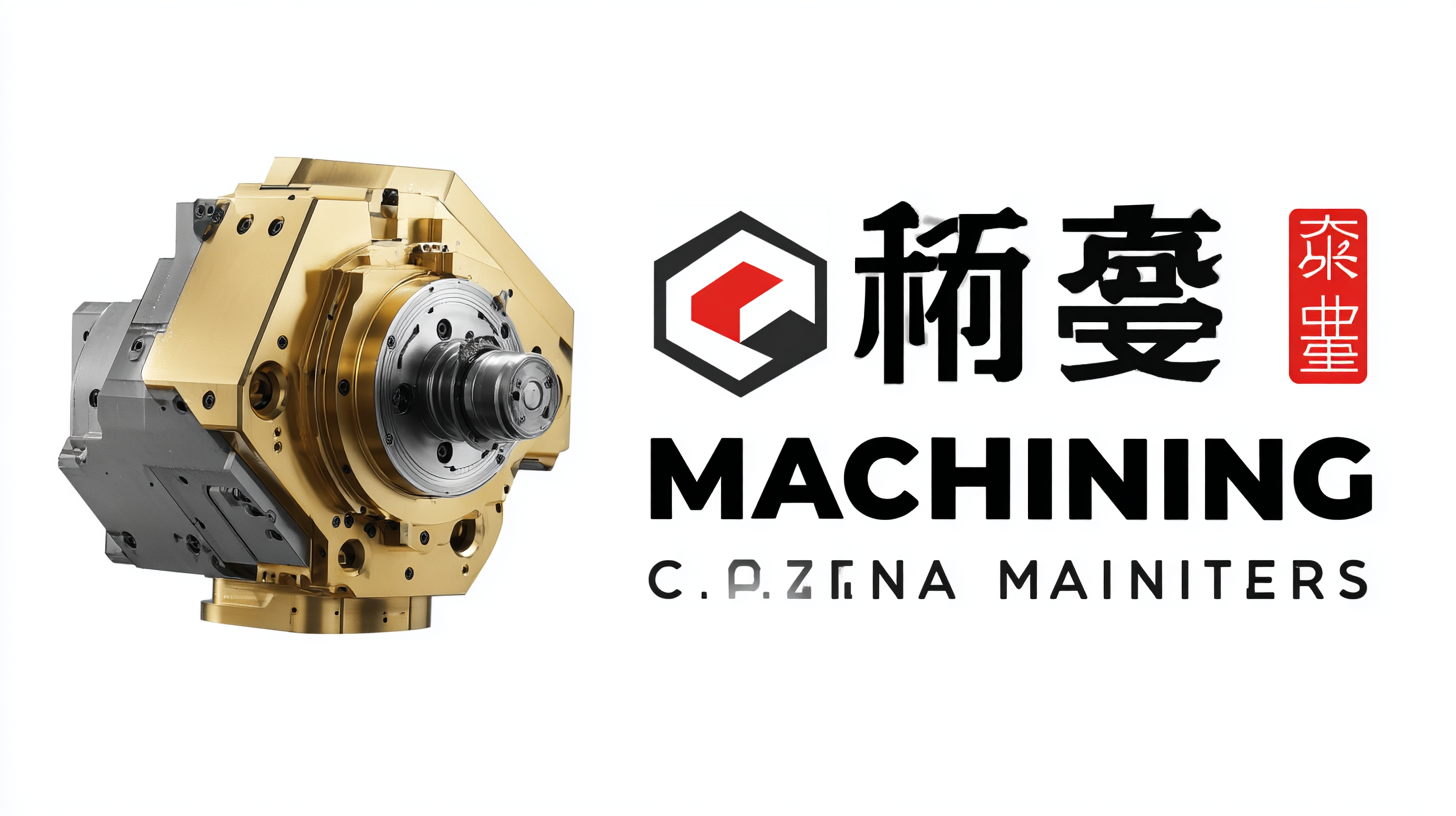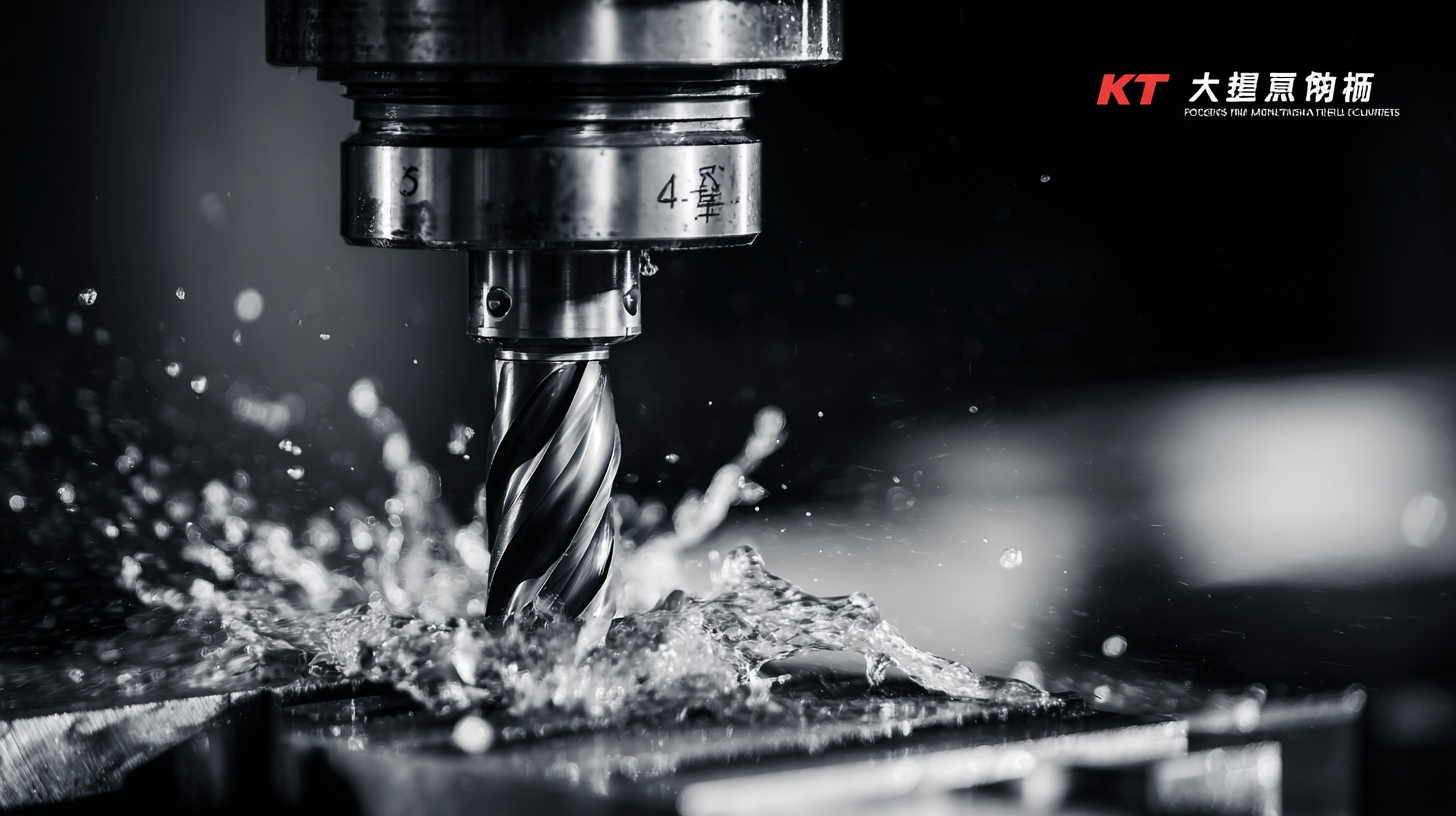Discover Unmatched Precision Machining Solutions from China's Leading Manufacturers
In an era marked by rapid technological advancement and globalization, Precision Machining has emerged as a cornerstone of the manufacturing sector, particularly in China. According to a report by MarketsandMarkets, the global precision machining market is projected to reach USD 22.23 billion by 2025, driven by the increasing demand for high-tolerance parts across industries such as aerospace, automotive, and medical devices. China's leading manufacturers are at the forefront of this movement, leveraging state-of-the-art technologies and a skilled workforce to produce components that meet the most stringent quality standards. As these factories aim to export their high-performance solutions globally, they reinforce their position among the top-ranking manufacturers, showcasing their unmatched capabilities in delivering precision-engineered products that cater to diverse international markets.

Emerging Trends in Precision Machining: A Focus on Chinese Innovation
Emerging trends in precision machining highlight significant advancements driven by innovations in Chinese manufacturing. As the global machine tools market is projected to reach USD 196 billion by 2034, with a compound annual growth rate (CAGR) of 7.5% from 2025, China is positioned to play a pivotal role in shaping this landscape. This growth is largely influenced by the country's strategic focus on advanced manufacturing technologies and the "Made in China 2025" initiative, which has propelled tech transfer and economic growth, particularly in high-precision mechanical machine components.
The shift in consumer preferences, particularly in the automotive sector, illustrates the dynamic capabilities of Chinese manufacturers. Historical players in high-performance engineering are now facing significant competition from domestic firms that leverage cutting-edge AI technologies and machining techniques. As these Chinese innovators refine their offerings, they challenge traditional notions of premium craftsmanship, enabling them to capture a larger share of a market once dominated by foreign brands. The spotlight on precision machining not only reflects a commitment to quality and innovation but also underscores China's emerging role as a leader in this critical industry.

Key Advantages of Partnering with China’s Precision Machining Manufacturers
China has emerged as a powerhouse in precision machining, attracting global attention for its unmatched manufacturing capabilities. The key advantages of partnering with China’s precision machining manufacturers are manifold. First and foremost, these manufacturers offer advanced technology and highly skilled labor, which ensures top-tier quality and precision in machining processes. With the global CNC machine market projected to reach nearly $196 billion by 2032, the scalability and efficiency found in Chinese facilities position them as an attractive option for companies looking to expand their production capabilities.
Moreover, China's focus on innovation in precision machining is rapidly transforming it into a leader in advanced manufacturing. The country has significant investments in research and development, fostering an environment that encourages innovation across various industries. As the demand for precision components continues to rise globally, forming partnerships with Chinese manufacturers can provide businesses with strategic advantages, including cost-effective solutions and access to cutting-edge technologies. This is essential not only for staying competitive but also for driving growth in today's dynamic market landscape.
Quality Assurance in Chinese Manufacturing: What You Need to Know
When considering precision machining solutions, understanding quality assurance in Chinese manufacturing is paramount. A recent report by the China National Machinery Industry Corporation indicated that over 80% of Chinese manufacturers have implemented rigorous quality management systems, including ISO 9001 certification. This commitment to quality not only enhances product reliability but also positions Chinese manufacturers as leaders in global supply chains.
Tips for ensuring quality when sourcing from China include selecting manufacturers that have established certifications and a proven track record in performance and customer satisfaction. Additionally, conducting on-site audits or utilizing third-party inspection services can significantly mitigate risks associated with manufacturing defects. It's also advisable to engage in clear communication with suppliers about quality expectations and requirements to foster transparency.
According to the 2023 Global Competitive Manufacturing report, Asia, particularly China, is expected to dominate precision machining with a projected annual growth rate of 6.5%. This growth underscores the importance of thorough due diligence when selecting manufacturers. By prioritizing quality assurance measures, companies can leverage China’s manufacturing prowess to achieve superior precision machining outcomes.
Discover Unmatched Precision Machining Solutions from China's Leading Manufacturers - Quality Assurance in Chinese Manufacturing: What You Need to Know
| Feature | Details | Quality Assurance Measures | Applications |
|---|---|---|---|
| CNC Machining | Highly accurate and customizable for various materials | ISO 9001 certified processes, regular equipment calibration | Automotive, Aerospace, Medical Devices |
| Laser Cutting | Precision cutting for complex shapes and designs | Process audits and material traceability | Electronics, Signage, Architectural Elements |
| Sheet Metal Fabrication | Versatile solutions for different metal thicknesses | Visual inspections, testing for corrosion resistance | Enclosures, Frames, Brackets |
| Injection Molding | Efficient mass production of complex plastic parts | Quality control checklists and final product sampling | Consumer Goods, Automotive Components |
Cutting-Edge Technologies Driving China’s Precision Machining Industry
China's precision machining industry is experiencing a remarkable transformation, driven by cutting-edge technologies that enhance efficiency, accuracy, and overall productivity. At the heart of this revolution are advancements in computer numerical control (CNC) systems, which enable manufacturers to create complex components with unparalleled precision. These state-of-the-art machines reduce human error and increase production speed, allowing for tighter tolerances and higher quality products that meet the rigorous demands of various industries.

Furthermore, the integration of automation and robotics into the machining process plays a pivotal role in redefining manufacturing capabilities. Automated systems streamline workflows, reduce labor costs, and improve safety by minimizing manual handling of materials. Additionally, the use of advanced materials, such as composites and high-performance alloys, expands the possibilities for creating innovative components that are both lightweight and durable. As China's leading manufacturers continue to adopt these technologies, they position themselves as global leaders in the precision machining sector, ready to meet the ever-evolving needs of their clients.
How to Choose the Right Manufacturer for Your Precision Machining Needs
When selecting a precision machining manufacturer, it's crucial to evaluate several key factors that will align with your operational needs and enhance your production efficiency. First, consider the manufacturer’s technical capabilities and equipment. A leading manufacturer should possess advanced CNC machinery and the expertise to handle complex designs with precision. This not only ensures high-quality output but also significantly reduces waste and lowers production costs.
Additionally, the manufacturer’s reputation in the industry is paramount. Look for those with a proven track record and positive customer reviews. Long-term partnerships often result in more stable supply relationships, which can be critical as the global CNC machine market is projected to grow significantly in the coming years. As businesses increasingly shift towards smart manufacturing, collaborating with manufacturers that embrace innovation will position your organization for success in this competitive landscape.
Precision Machining Solutions Analysis
This chart illustrates the percentage distribution of various precision machining solutions offered by leading manufacturers in China, focusing on customer preferences. The data reflects insights from recent market surveys.

